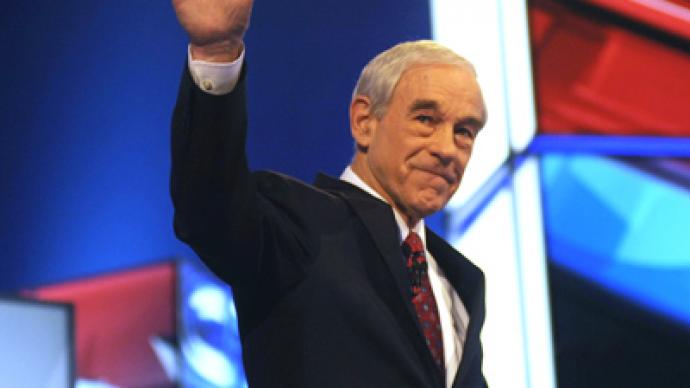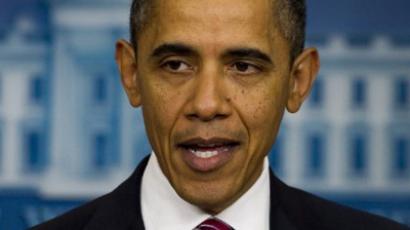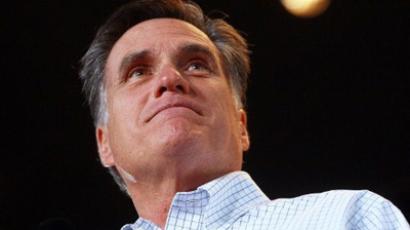Diving for delegates: Ron Paul’s not-so-secret strategy

As his Republican Party rivals dump millions on ads across the country, Texas Representative Ron Paul is taking a different route to try to secure the GOP nomination.
For the congressman, his plans rely more on the caucus states and the delegates that they deliver.Throughout his run so far, Paul has made it no secret than his campaign is counting on delegates across America to help win him the Republican Party nomination. In the race for the GOP nod, the remaining candidates are competing on the road to this summer’s Republican National Convention in Florida, where the party will formally finger one contender to represent the right. On the way, candidates are campaigning in towns, cities and counties from coast-to-coast to garner support. As each state holds their individual contests, delegates are allocated to represent each contender. While some candidates have spread themselves thin, Paul is focusing primarily on the caucus states. It’s there that a complex process of dishing out delegates means even a second or third place finish can still allow a candidate to walk away with a substantial amount of delegates. As the contest nears its end, that representation will prove crucial at the Florida convention.Campaigning heavily in caucus states is a strategy that Paul projects will give his rivals a run for their money. Although the mainstream media continues to discredit the candidate, Paul’s campaign is still going strong. As the competition ignores the peculiar strategy, Paul is left to take advantage of trying his darndest to grab as many delegates as he can.Chuck Poplstein, a Republican from Colorado, tells the UK’s Guardian that a strategy based off of collecting delegates is a tough one to run. "It is difficult for any campaign. You have to be very well organized and in all of the counties. It is not an easy process. You have to have a very good ground game," says Poplstein. If there is one thing that the Paul campaign has made clear so far, however, it’s that an incredible grassroots campaign across the country is a hallmark of his contention. If that support continues, it means that in many states Paul can come out with the most delegates while still losing the popular vote. The result, though, is representation that isn’t bought by big-money candidates; instead, it’s a contest awarded to the contender who can passionately get a message to the people.“We think that’s the way a party should really pick its nominee,” campaign manager Jesse Benton explains to the National Review. “We think that the activists that are most tuned in to the issues, most engaged in the process should be the ones selecting the nominee.”Professor Tim Hagle from the University of Iowa agrees when speaking to the Guardian. "They do tend to be very organized and very enthusiastic for Ron Paul," he says.Earlier this month, Paul walked out of Minnesota with his best showing so far. Even with a second place finish being his best so far, Paul was positive because he knows his delegate strategy is — so far — paying off.Speaking to ABC News at the time, Paul said it will be weeks before they can see how well the plan will allow him to prevail. “We have to just wait and see and continue to do exactly what we’re doing,” said the congressman. Days later in Minnesota, he stood by his strategy. “We had a very, very strong second place — and it’s going to continue,” Paul told a room of supporters when that state’s contest came to an end. “We do have to remember: the straw vote is one thing, but then there’s a whole other thing — delegates — and that is where we excel.”“So when the dust settles, I think there’s a very good chance that we’re going to have the maximum number of delegates coming out of Minnesota,” Paul continued.The day after the congressman’s remarks in Minnesota, another campaign manager, John Tate, predicted things would only be uphill for Paul. “We are confident in gaining a much larger share of delegates than even our impressive showing yesterday indicates,” Tate said in a statement.The real challenge, however, will come next month. On March 6, ten states will hold contests to decide on a GOP candidate.














